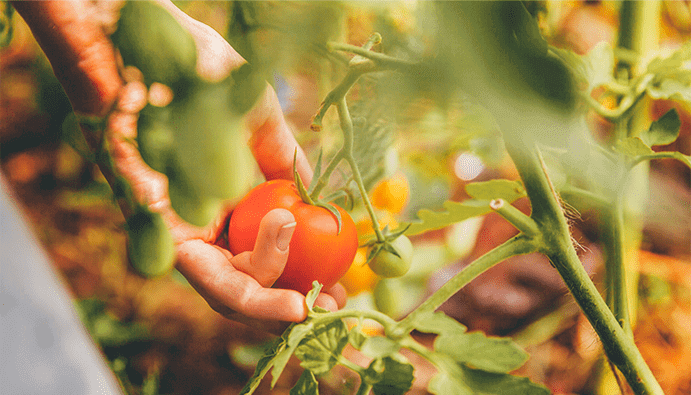Dithiocarbamate Pesticide Analysis: Food Safety
What is the Purpose of Dithiocarbomate Pesticide Analysis?

Dithiocarbamates are a group of pesticides used mainly in agricultural production and are widely preferred for controlling diseases caused by fungi. However, the residue of these pesticides in food products is a concern for both human health and environmental impacts. Dithiocarbamate pesticide analysis is carried out to ensure safe consumption by detecting residues of this chemical group in food products.
What is Dithiocarbamate?
Dithiocarbamates are organic compounds containing sulfur. They are used as fungicides and are particularly common in fruit, vegetable and grain production.
- This group of pesticides includes
- Mancozeb
- Zineb
- Thiram
- Propineb
What are the Intended Uses?
- Prevention of fungal diseases: Provides protection against leaf blight, mold and other fungal diseases in plants.
- Increasing crop yield: Increases yield by promoting healthy plant growth.
- Protection during storage: It is also used to prevent rotting of products after harvest.
What are the Risks to Human Health?
- Acute toxicity: Exposure to high levels of dithiocarbamate can cause nausea, headaches and respiratory problems.
- Chronic effects: Long-term exposure can increase the risk of neurological damage, reproductive health problems and, in some cases, cancer.
- Allergic reactions: May cause skin irritation or allergic reactions in some individuals.
What are the Environmental Impacts?
- It can accumulate in soil and water sources, causing environmental pollution.
- It can have adverse effects on beneficial organisms (e.g. soil microorganisms and bees).
Importance of Dithiocarbamate Pesticide Analysis
- Food Safety: It is important to detect residues of dithiocarbamate at levels toxic to human health. Analysis results play a vital role in consumer protection and ensuring a safe food supply.
- Legal Compliance: Food products must be within Maximum Residue Limit (MRL) values in accordance with national and international legal regulations. Analysis verifies this compliance.
- Export and Trade: Exported agricultural products must meet the safety standards of importing countries. Analysis results increase the commercial value of these products.
- Consumer Confidence: Residue analysis increases market confidence by showing consumers that food is safe.
Nanolab Laboratories Group continues to provide services within the scope of Dithiocarbamate Pesticide Analysis. We also provide services on Pesticide Determination in Foods.
Contact us for more information.
You can follow us on LinkedIn for up-to-date news and posts about our services.
Follow our Instagram account to be informed about our latest blog posts.

